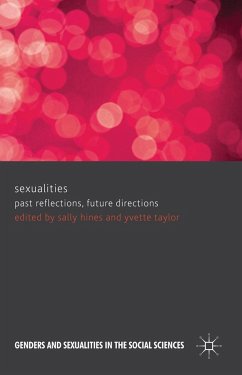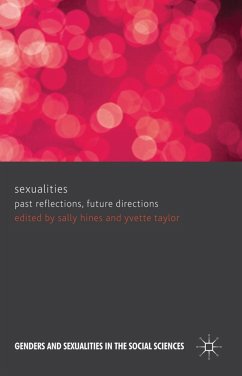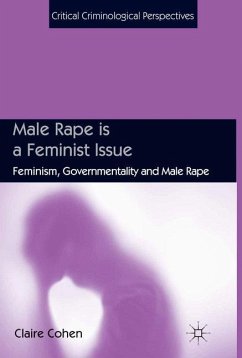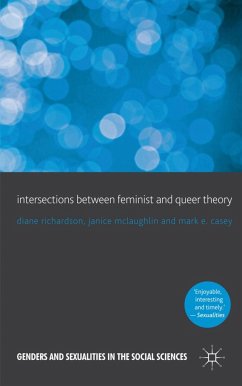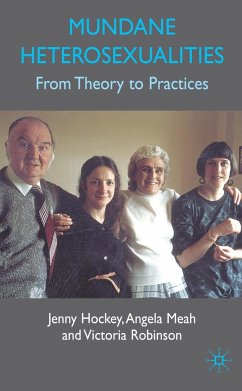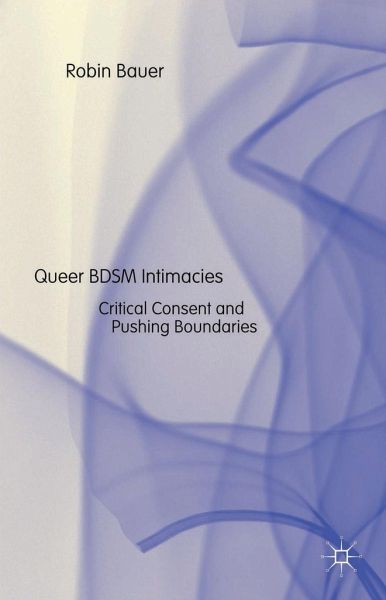
Queer Bdsm Intimacies
Critical Consent and Pushing Boundaries
Versandkostenfrei!
Versandfertig in 6-10 Tagen
113,99 €
inkl. MwSt.
Weitere Ausgaben:

PAYBACK Punkte
57 °P sammeln!
Based on an extensive interview study with lesbian, transgender and queer BDSM practitioners, this book sheds new light on sexuality and current theoretical debates in gender and queer studies. It critically discusses practices of establishing consent, pushing boundaries, playing with gender and creating new kinds of intimacies and embodiments.






